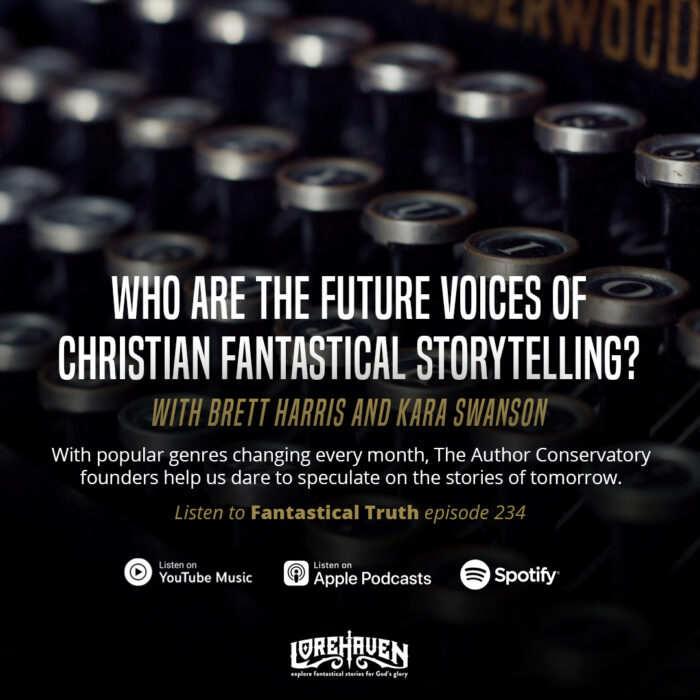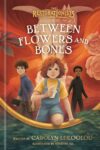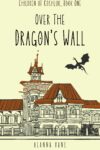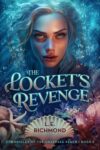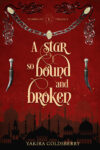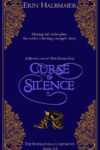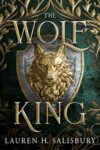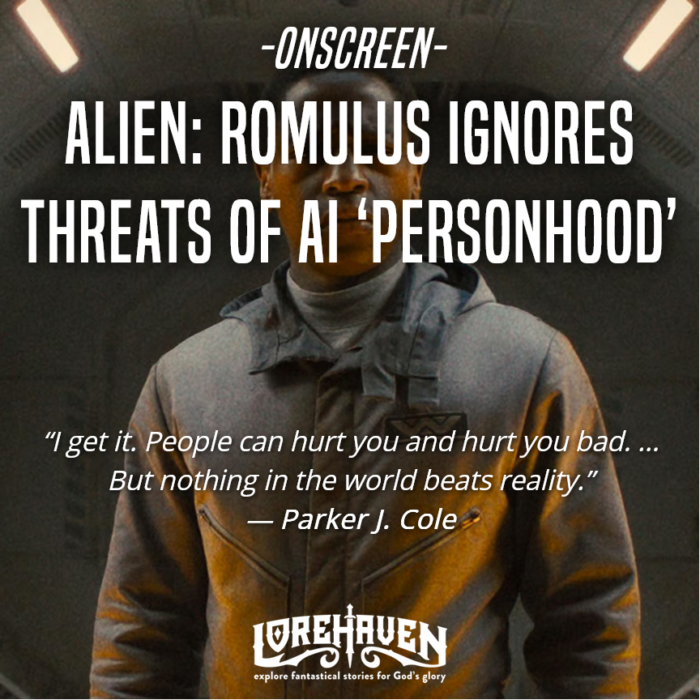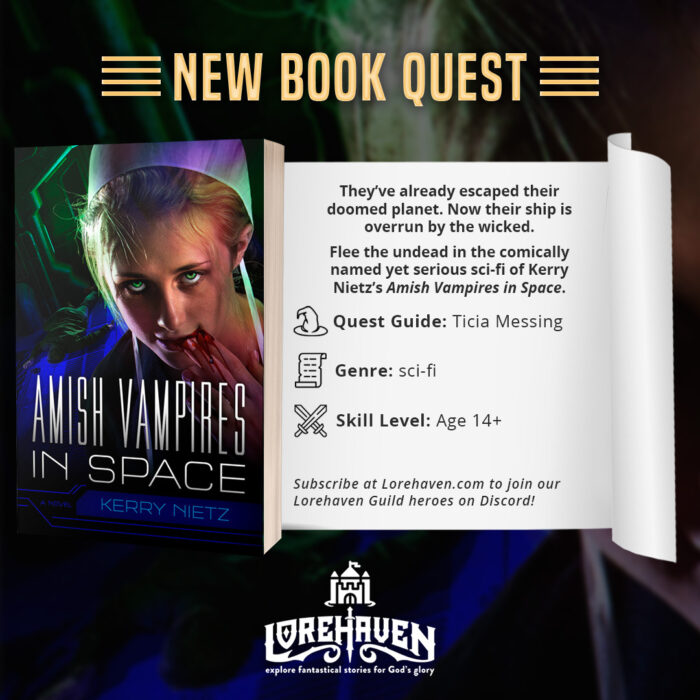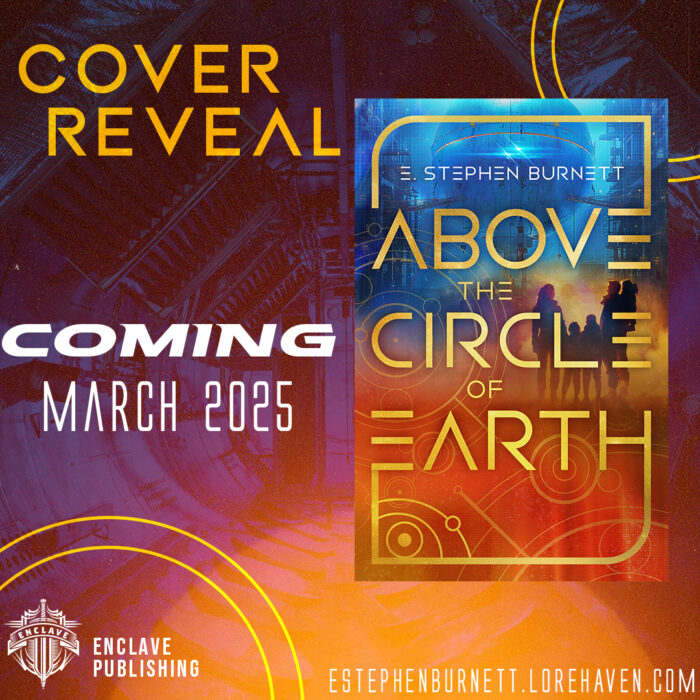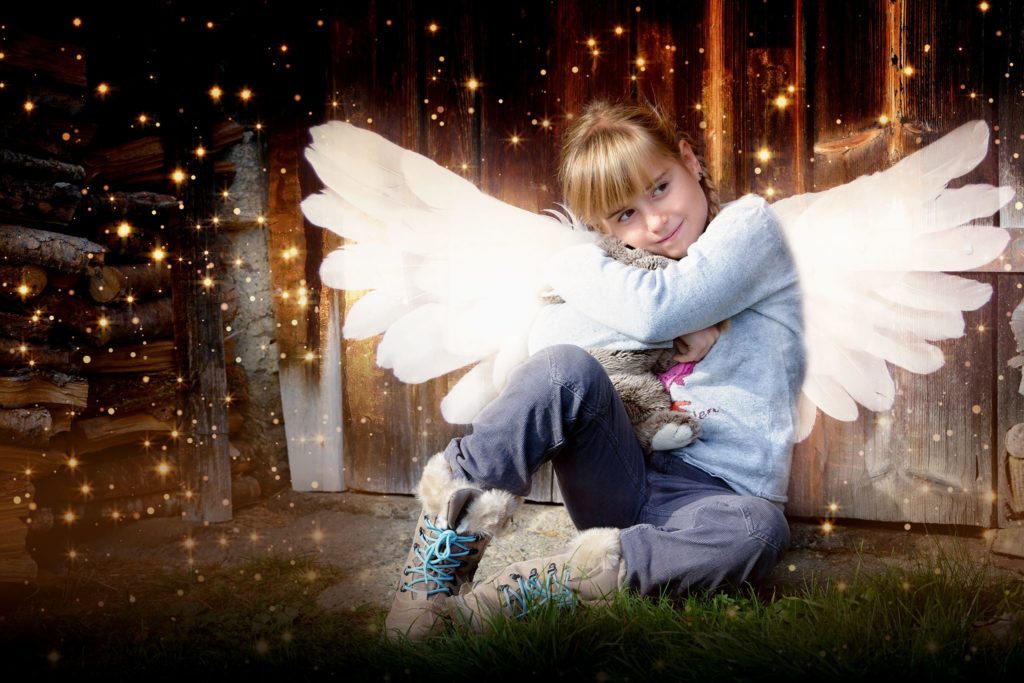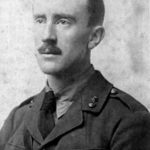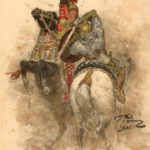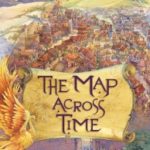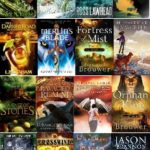Fantasy: An Indispensable Way To Understand Ourselves
“The problem . . . is that whereas adults are readily aware of myths they have outgrown, they are blind to ones that they currently hold to be real.” – Carl Johnson
 Like Peter Pan, too many of us enter the “real world” of adulthood and forget how to fly. Our wings are clipped by failing to preserve the imaginative vitality of our childhood. The result is a life that never reaches maturity, for many things about life and ourselves can only be explored through fantasy.
Like Peter Pan, too many of us enter the “real world” of adulthood and forget how to fly. Our wings are clipped by failing to preserve the imaginative vitality of our childhood. The result is a life that never reaches maturity, for many things about life and ourselves can only be explored through fantasy.
It’s In Our Blood
Fantasy is not merely the result of adults telling children wild stories. In his book, From Two to Five, K. Chukovsky relates a telling story about how the minds of children work. Though it is easy for us to believe that realism is what our children need and that we shouldn’t fill their minds with fantasies, the work of scientist E. I. Stanchinskaia tells a different story. From infancy, she kept her son from unrealistic folk tales and fantasies and only read him simple realistic stories taken from the world of reality and nature. She only presented him with things that could be empirically verified.
The Result?
Despite all this, Stanchinskaia’s son generated his own fantasies. There were imaginary elephants, bears, and friends in his room. The rug he sat on was a ship. He was a reindeer when it snowed, and on and on. Although he had been kept from any hint of fantasy, he acted as though he’d been raised with it. He behaved like any imaginative child would.
Making Reality More Visible
Since fantasy is so embedded in our lives, it is no surprise that by age three, children are able to recognize the difference between an imaginary world and the reality that they live in (Woolley, 1997). After all, the word “fantasy,” which comes from the Classical Greek word “phantasia,” means “to make visible.” Why, then, shouldn’t it make our reality more visible, more understandable?
Filling In The In-Between
Fantasy is a result of learning about life through language. Some of our earliest conceptual explorations are with opposites, such as when we find the warm that sits between hot and cold. But what is between life and death or a human and an animal? What we discover in our inventions between these opposites is the stuff of all the fantasy stories and myths in our world, from ghosts to zombies, mermaids to werewolves, elves to talking mice.
Bridging The Gap By Pretending
 Fantasy is the outcome of our contemplation on basic life questions: Why and how are we different from other animals? What is death and why? With fantasy, our minds use complex metaphors to bridge the gap across the unknown in order to broaden and inform what we do know.
Fantasy is the outcome of our contemplation on basic life questions: Why and how are we different from other animals? What is death and why? With fantasy, our minds use complex metaphors to bridge the gap across the unknown in order to broaden and inform what we do know.
Thus, when a child pretends he sees or is, he is crucially engaging in understanding himself and his world. Part of his journey of self-discovery involves experiencing different modes of being.
A Fairytale Can Inform Reality
The Scottish philosopher, Alasdair MacIntyre, believed that our lives only make sense to us through the telling of stories. He said that it is through the myths and tales of childhood that we understand how to act in our own dramas and understand our own world.
Essential Help To Navigate A Complex World
The world is more complicated than the pragmatic would have us believe. If it weren’t, then why would we need poets, painters, and storytellers? If we believe that empirical knowledge is all our children need to navigate the world, then we are in danger of denying the most important things in the world: the inexpressible things.
The truth is that we need every tool at our disposal to even weakly grasp a meaningful understanding of ourselves and our world. And metaphor—indeed fantasy—is at the top of that list of tools.
– – – – –
 Brent King is a freelance writer of Christian fantasy and historical fiction from Lake Oswego, Oregon. His debut novel, The Fiercest Fight, was published in November 2015. Find him on Facebook, Twitter, Amazon, Goodreads, and his website.
Brent King is a freelance writer of Christian fantasy and historical fiction from Lake Oswego, Oregon. His debut novel, The Fiercest Fight, was published in November 2015. Find him on Facebook, Twitter, Amazon, Goodreads, and his website.



